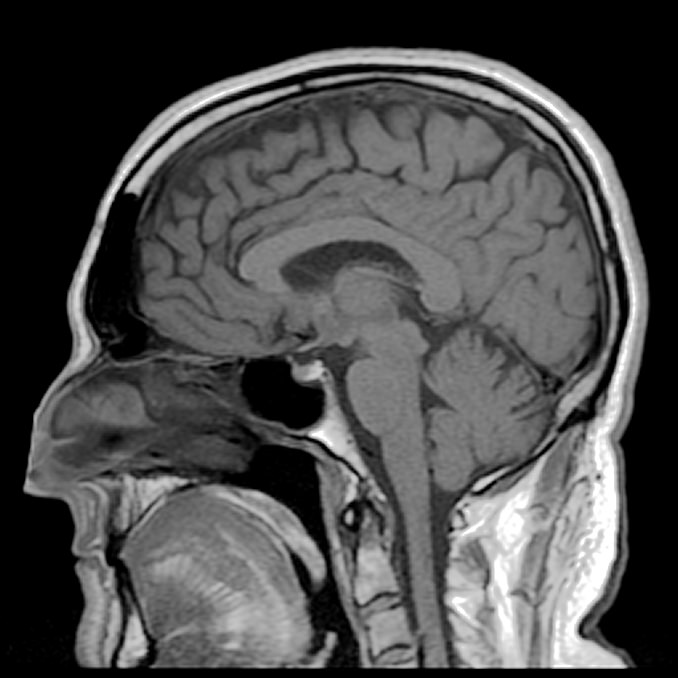A concussion is the least serious, but most common, type of traumatic brain injury. Symptoms of brain concussions can include headaches, disturbed vision, memory loss, trouble with balance and coordination, problems with concentration, and even loss of consciousness.
Although a concussion is usually temporary and a full recovery is more than possible, the Canadian Medical Association Journal has recently published, saying that adults who have had concussions are at a higher long-term risk for suicide.
After surveying 235,110 patients who had experienced a concussion for a period of 20 years, Donald Redelmeier, a senior scientist at the University of Toronto, and his team noted a total of 667 suicides among the patients. From the 667 suicides, two absolute suicide risks was calculated for patients who had been diagnosed with a concussion on a weekday versus on a weekend; those with a “weekday concussion” had an absolute suicide risk three times higher than the population norm (29 suicides for every 100,000 people annually), while those with a “weekend concussion” had an absolute suicide risk four times higher than the population norm (39 suicides for every 100,000 people annually). The fact that weekend concussions are correlated with a higher suicide risk suggests that recreational injuries might be more dangerous in the long-term than occupational injuries or that immediate medical care is less accessible during the weekends.
Image Source: B Busco
Redelmeier also states that there is an average of 5.7 years between the occurrence of the concussion and the event of the suicide. Moreover, additional concussions are likely to contribute to an even higher suicide risk.
A physician and researcher at Barrow Neurological Institute, Lea Alhilali has studied patients with concussion-related depression in a separate study with her team. In this study, Alhilali used patients with major depressive disorder who have not had concussions as a control group for comparison. The MRIs of both groups of patients reveal similar white matter degeneration patterns, especially in the nucleus accumbens portion of the brain (which is more commonly known as the reward center), indicating that depression might also be correlated to concussions.
Although there are countless factors that play into both injury and trauma, and the correlation between concussions and depression and suicide is still in its infancy, it never hurts to be aware of the risks of concussions and be careful with your body. It might be easy to downgrade the adverse effects of a concussion after recovery, but remember that a mean time of almost six years passed before patients of Redelmeier’s study committed suicide, and good physical health does not necessarily equate to good mental health.
Feature Image Source: Flickr Sagittal T1 Midline MRI Scan of Reigh’s Brain by Reigh LeBlanc










